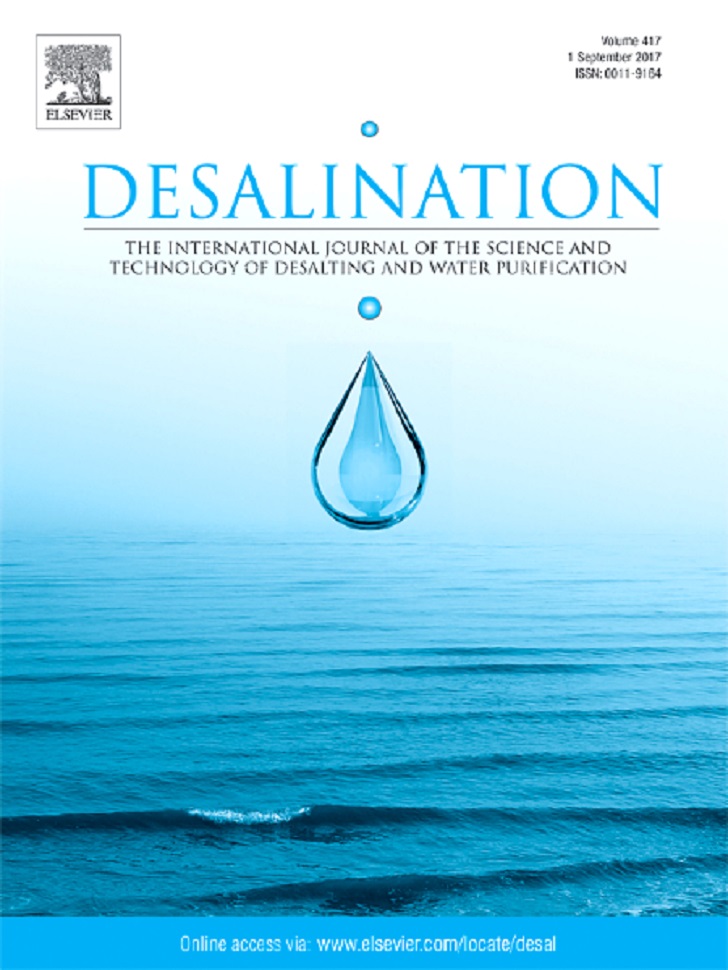The research article 'An optimization framework for the design of reverse osmosis desalination plants under food-energy-water nexus considerations' has been published in Elsevier journal Desalination (Volume 503, 1 May 2021, 114937),
Abstract
Due to a growing population, globally depleting water supplies, as well as the effects of climate change, demands for water are ever increasing. Reverse osmosis desalination could play a key role in generating new water sources since treating saline water for reuse has become possible. An optimization based framework under food-energy-water nexus considerations is developed in this work to tackle water scarcity sustainably for arid and semi-arid regions. With the aid of a surrogate model, a single reverse osmosis stage is depicted, with which varying desalination process designs can be composed, considering different membrane modules, as well as varying input energy and saline water sources. Then, the process was modeled through a superstructure representation that resulted into a mixed-integer nonlinear optimization problem, enabling the optimization of an array of objectives for a given set of input water and energy supply, as well as output water demand restrictions. The developed framework facilitates informed decision making through the fast screening and optimization of desalination plant designs. To illustrate the elaborated framework methodology, a food-energy-water nexus approach is implemented for South-Central Texas in three distinct scenario analyses.
Access the complete article on ScienceDirect.


